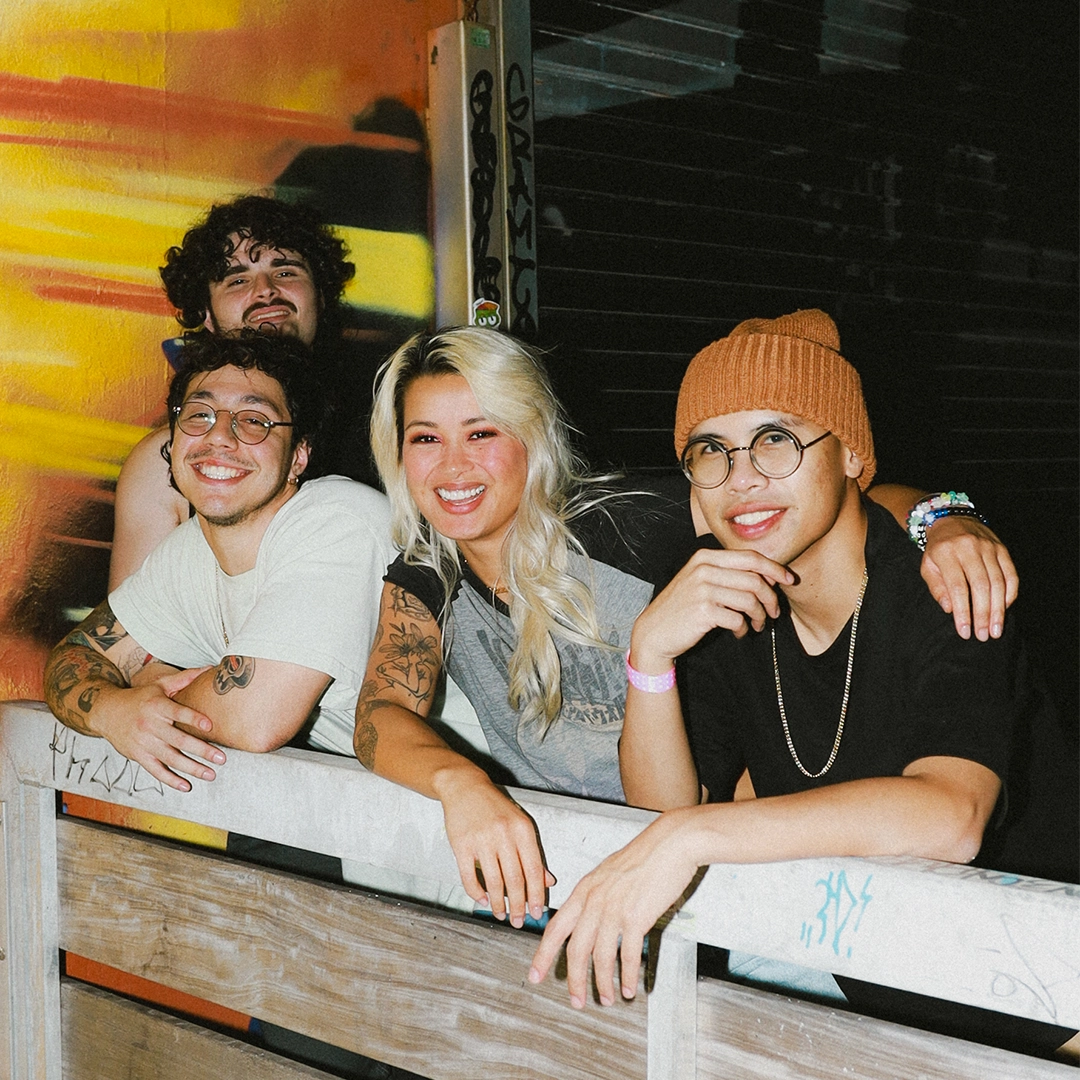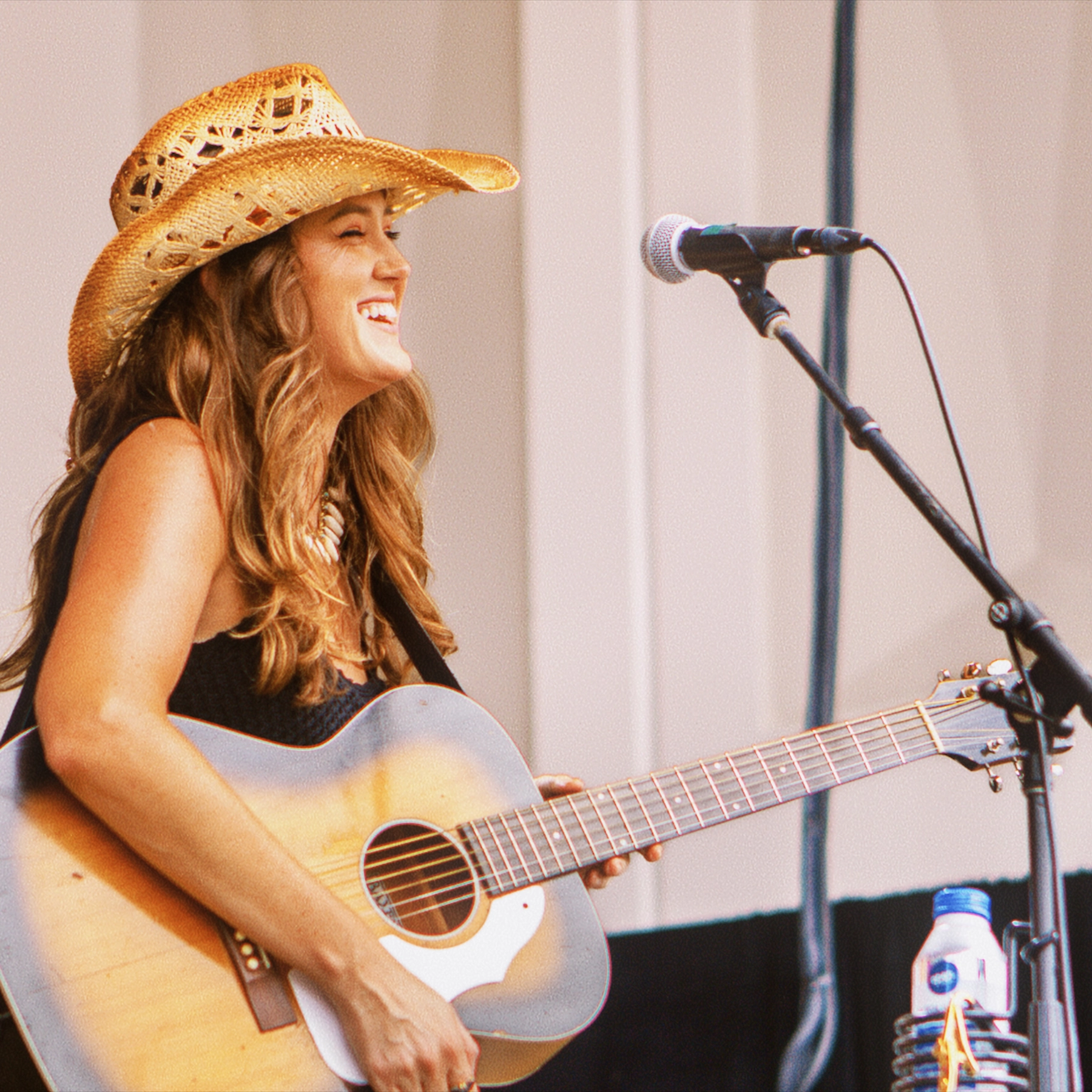by Steve Dollar | August 23, 2017
Gregg Allman: His Life and Final Album
Southern Blood, the final album by the late Gregg Allman, who co-founded the Allman Brothers Band in Jacksonville 48 years ago, takes the Southern rock pioneer’s career full circle.

Chank Middleton will never forget the first time he met Gregg Allman.
He was two months out of high school, shining shoes at Braswell’s Barber Shop in Macon, Georgia. In the dog days of August, the banter between employees was accompanied by the
rattle and hum of an air conditioner. If that wasn’t enough to soothe a sweat, a quarter bought an icy Coca-Cola from a vending machine.
Next door was a rehearsal studio owned by Phil Walden, the onetime manager of soul legend Otis Redding and the founder of Capricorn Records, and it was equipped with neither. During breaks, the members of Walden’s new discovery, the Allman Brothers Band, would wander over to the barber shop to stand in the air conditioning with a cold drink. Middleton still recalls the first time they visited: “They all gathered around the shoeshine stand. I was tripping out … because I’d never seen hippies before.”

One of them asked Middleton to shine his shoes. “All the while I was shining his shoes, I was looking at the glasses he had on, the shades. When I got through with the shoes, he stepped down. He says, ‘What do I owe you, man?’ And I say, ‘A quarter, man.’ So he gave me a quarter for the shoeshine, and then he looked at me, and he went, ‘You like these shades, don’t you, man?’ I said, ‘Yeah, I like them.’ He pulled them off and handed them to me and said, ‘There’s your tip!’ That’s how it started.”
The two became best friends, and, over the next five decades, as Allman grew famous and faced a number of very public tragedies and tribulations, they stayed best friends.
“He didn’t like to go nowhere without me,” Middleton said.
Like what you read? Click here to subscribe.
On May 27, Allman died in his home in Richmond Hill, Georgia, age 69, as a result of liver cancer. The performer’s public image was shaped by the follies of youthful stardom and the desperado lyrics of his 1973 signature hit “Midnight Rider,” but, in later years, he had become something of an elder statesman of rock. Sitting behind his Hammond B3 organ during performances with the Allman Brothers and with his solo band, he was a figure of true grit and majesty.

Click here to read about Gregg’s ties to Florida
He was also known as something of a ladies’ man, having wed seven times, but those close to Allman knew the deeper story behind the shades.
“He was truly … a beautiful Southern gentleman,” said Michael Lehman, Allman’s manager from 2004 until the singer’s death.
Lehman helped the singer sharpen his professional focus and claim the respect he was due.
“The last 10 or 20 years, my father tried to come out of the fog of the drug use and regret and start having some clarity,” said Devon Allman, Gregg’s son by his first wife Shelley Kay Jefts and, like several of the performer’s other children, a professional musician. “I was really proud of him for that.”
“A lot of people don’t know this, but basically he was an extremely shy person. He had a heart as big as Texas,” said Middleton, who traveled off and on with Allman since the early days.
That’s the Gregg Allman who made Southern Blood. With this new album, which will be released September 8 on Rounder Records, the musician goes back to his roots. The record’s ten tracks were recorded at Fame Studios in Muscle Shoals, Alabama, the fabled audio mecca in the northwest corner of the Cotton State. It was there that Wilson Pickett, Aretha Franklin, Etta James, Boz Scaggs, King Curtis, Herbie Mann and many others made some of the greatest pop, rock and rhythm and blues recordings of all time, each of them infused with a touch of swamp juice.

In the late 1960s, Gregg’s brother Duane Allman began forming what would become the Allman Brothers Band while working for the studio as a session musician. Older than his brother by nearly a year, Duane never lived to enjoy his namesake band’s massive success. In one of rock music’s greatest tragedies, he died in a 1971 motorcycle crash. A year later, Berry Oakley, the band’s bassist, died in a similar accident only three blocks away from where the guitarist crashed. The premature deaths haunted the band and are still the most poignant part of its bittersweet legend.
“Gregg never got over the loss of his brother, and Gregg felt that Duane’s spirit was with him all the time,” said Don Was, who has produced albums by the Rolling Stones, Brian Wilson and Willie Nelson. Was guided the sessions for Southern Blood in March 2016.
According to Middleton, Gregg Allman found a deep communion in Alabama. “To him, going back in there was like being … side by side with his brother,” he said. “Duane’s spirit is so heavy in that place, it’s like he’s still in there.”
Though Alabama held a special significance for them both, the Allmans had deep Florida roots. They were born in

Nashville, but their mother moved the family to Daytona Beach in 1958, nine years after her husband, Willis Turner Allman, was murdered by a hitchhiker. In the summer of 1960, the boys developed two life-changing obsessions: motorcycles and guitars. Gregg was obsessed with the guitar he’d bought at a Sears department store. All of a sudden, his brother was, too. In a 1973 interview, Allman shared the story with Rolling Stone’s Cameron Crowe:
“Pretty soon we had fights over the damn thing, so when it came around to our birthdays—mine was in December and his was in November—we both got one. I got mine a little earlier than my birthday, actually. Matter of fact, I put hands on my first electric guitar November 10, 1960, at three o’clock that Saturday afternoon. Duane’s guitar got into the picture shortly after that.”
As teenagers, the brothers began playing in local beach bands, and, in 1965, they hit the road with the Allman Joys, the second band they formed together. Although the Allman Brothers Band is most commonly associated with Macon, Georgia, the group actually formed in Jacksonville in March 1969. Several band members lived in a gray house just south of downtown. They didn’t stay in the city very long, but the Sunshine State was never far from their view. Gregg Allman spent the last years of his life at his Georgia home, located about 100 miles north of the band’s birthplace.

Despite his health issues, those last years were good. Before calling it quits in 2014, the Allman Brothers Band was playing at its best. Between tours, Gregg was highly productive on his own: He launched the Laid Back Festival, played tribute concerts and released several albums, including 2011’s Grammy-nominated Low Country Blues. Despite the singer’s cat-like capacity to outlive his doctor’s forecasts, those close to him say he was eager to make the Muscle Shoals record.
“It was weird,” said Was. “I knew, and I knew that he knew, but we never talked about it once. I think a certain refusal to accept it is what kept him going longer than doctors said he would.” In hindsight, it’s obvious that Allman saw Southern Blood as his valediction. The first words of the album’s opening track, the country-blues ballad “My Only True Friend,” spell it out:
“You and I both know this river will surely flow to an end.”

The song, co-written by Allman and guitarist Scott Sharrard and, notably, Allman’s only writing credit on the album, takes the form of a message to a lover, but, according to Was, it meant much more to him than that. “He’s explaining to the world what the people who knew him knew: He was complete as a human being, and very happy and at his best, when he was on stage playing music,” Was said. “He truly lived to do that. And the challenges he faced in life were what to do with himself between tours and shows. He lays it out in a very honest and extremely vulnerable way. … Really, everything you need to know about Gregg Allman is in that opening song.”
Allman and Was took a good two years to decide what to include, and the tracks aren’t all in the same register. There are songs by some of Allman’s favorite artists, including “Willin’” by Lowell George, “Black Muddy River” by Jerry Garcia and Robert Hunter, and blues giant Willie Dixon’s “I Love the Life I Live.” “Blind Bats and Swamp Rats” is a track from the blues singer Johnny Jenkins’s 1970 album Ton-Ton Macoute!, which Duane Allman produced and played on during his Muscle Shoals days. There’s also a gorgeous, churched-up performance of the obscure Bob Dylan song “Going, Going, Gone,” with gospel harmonies by the McCrary Sisters and a horn section resonant with that unmistakable Muscle Shoals sound—warm and sweet like honeyed whiskey. “The horn players, they don’t get their own microphones,” Was explained. “You stand in the little glass booth where the horn players stood in the ’60s, … and the horn players have to balance themselves around one mic. … You’re getting a lot of reflections off the walls. So the horns sound like all the other horns that have been there. … It’s incredible to be in the presence of that.”
After all their preparation, Was, Allman and the band “flew through it,” Was said. “Despite the gravitas of the material, the sessions were quite light hearted and a lot of fun.”

Upbeat for most of the interview, the producer got emotional when discussing the album’s closing track, “Song for Adam.” The song was written by Jackson Browne, the composer of the song “These Days,” which Gregg recorded for his first solo album, Laid Back. Browne and Allman were roommates in Los Angeles for a brief spell.
“It’s about a buddy of Jackson’s who either fell or jumped off a mountain while he was hiking and died,” Was said. “In the story of squelched promise of a young life, I think that Gregg always thought about Duane. He can’t quite sing the last two lines. He got choked up.” The producer recited the line that moved the singer so much:
“Still it seems he stopped his singing in the middle of his song.
Well, I’m not the one to say I know, but I’m hoping he was wrong.”
Browne lends harmonies to the new version, but rather than rerecord the final lines, “we all agreed we’d just leave it open. I can still picture Gregg choking up,” Was said.
The silent lines are especially touching now. Those close to Allman thought he might live to see the record’s release. “You know how you have a friend, and you don’t give a damn what happens to this friend, you know they’re going to overcome it and be okay? That’s the attitude we had with him. He even had it with himself up until the last few months,” Middleton said. “I always thought he would bounce back.”

To call Allman resilient doesn’t quite cut it. “That’s the understatement of the year,” Devon Allman said. “He must have saved a truckload of nuns in his former life. He had somebody looking down after him. I say that cheekily, but also it’s truly a gift to have had him as long as we had him. He dealt with major losses all through his life. He had a boatload of regret always sitting on his heart, in regards to the failed marriages and the children he never raised. He pushed through, he wrote music, and he played to make people feel good.”
Devon Allman, who first met his father when he was 17, quoted a piece of fan mail that the performer once received.
“Thank you for living the life we could never live, for giving us the music that we could never live without.”
“When we look into the life of Gregg Allman, most people would not really want that life, but everybody wants the music,” Devon Allman said. “I thought that was probably the coolest thing a man ever said to him, and I think it pretty much sums it up.”

 THE HIT LIST
THE HIT LIST



